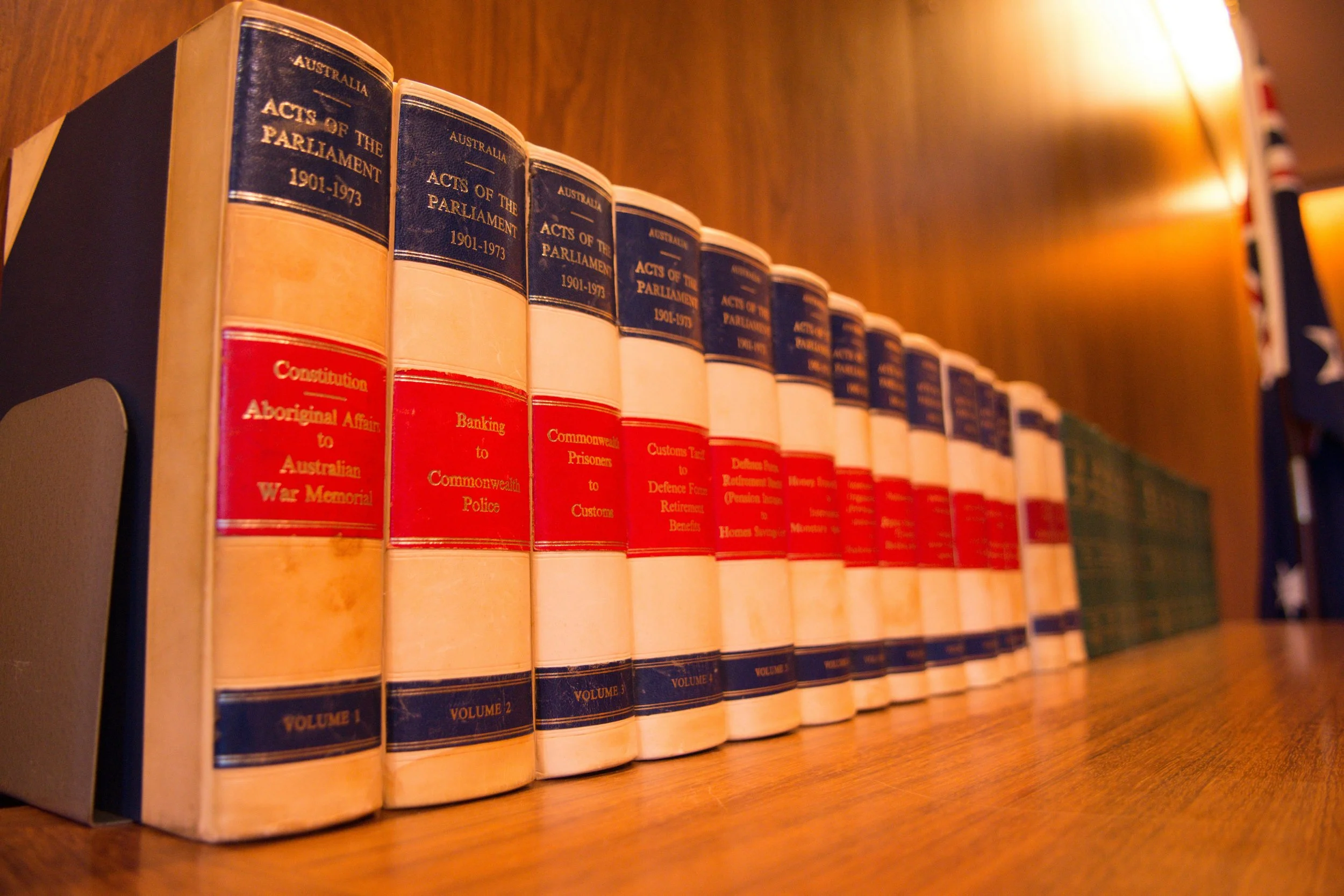August 17, 2025
What Are Excess Proceeds in a Foreclosure Case?
When a property is sold at a foreclosure auction, most people assume that once the lender and court costs are paid, that’s the end of the story. But in many cases, there is money left over after the sale — these funds are called excess proceeds (sometimes referred to as surplus funds).
How Excess Proceeds Work
Suppose a home with a $100,000 mortgage balance sells at foreclosure for $150,000. After the mortgage, legal fees, and court costs are satisfied, the extra $50,000 doesn’t belong to the lender or the court. It often belongs to the former property owner or, if that owner has passed away, their heirs.
In Texas and Tennessee, these funds are typically held by the court until a proper claim is filed. Unfortunately, many homeowners don’t realize they’re entitled to this money — and valuable funds may go unclaimed.
Common Misconceptions
“The government keeps it.” Not true — though if no claim is made, the funds may eventually be transferred to the state as unclaimed property.
“It’s automatic.” Also untrue. Courts don’t send checks without someone filing the right paperwork.
“I waited too long.” In some cases, you still have a claim, but time limits apply. Acting quickly is essential.
Why Legal Help Matters
Filing for excess proceeds can be more complicated than it appears, especially if there are competing claims (other lienholders, multiple heirs, or creditors). An attorney can:
Verify whether you have a valid claim.
File the necessary petitions with the court.
Resolve disputes with other parties.
Ensure you recover the maximum amount possible.
Final Thoughts
If you’ve lost a property to foreclosure, you may still be entitled to significant funds. Don’t assume the money is gone — consult with an attorney who understands how to navigate excess proceeds claims.
August 10, 2025
Unclaimed Property in Texas: What You Need to Know
Each year, the Texas Comptroller holds billions of dollars in unclaimed property — money that rightfully belongs to individuals, families, and businesses. Despite this, many Texans never realize they have a claim.
What Is Unclaimed Property?
Unclaimed property includes funds that have been abandoned or forgotten. Common examples are:
Dormant bank accounts
Insurance proceeds
Utility deposits and refunds
Dividends or stock payouts
Uncashed checks
Financial institutions and businesses are required to turn these funds over to the state after a certain period of inactivity.
Why People Miss Out
Many people assume they’d automatically be notified, but that rarely happens. Address changes, name changes, or lack of estate planning often prevent owners or heirs from ever learning about their rights. Corporations may also leave significant funds unclaimed if they don’t have a system in place to track them.
The Process in Texas
The Comptroller’s office maintains a public database, but recovering funds isn’t always straightforward. Depending on the amount, claimants may need to provide:
Proof of identity
Estate or probate documents
Corporate records
For large or contested claims, legal assistance can make the difference between a quick recovery and a lengthy denial.
Why Act Now
Unclaimed property remains claimable indefinitely in Texas, but delays make it harder to prove entitlement — especially for heirs and businesses. By acting promptly, you increase your chances of a smooth recovery.
August 3, 2025
How Long Do You Have to Claim Excess Proceeds in Tennessee?
If your property was sold in a Tennessee foreclosure, you may be entitled to excess proceeds — but your right to recover is not unlimited. Understanding the timeline is critical.
The Basics
Excess proceeds are funds left over after a foreclosure sale once the lender, taxes, and court costs are paid. These funds belong to the property owner or their heirs.
In Tennessee, excess funds are typically deposited with the local court clerk. From there, the rightful owner must file a claim.
Deadlines and Time Limits
Unlike some states where unclaimed money can remain with the court indefinitely, Tennessee law requires funds to eventually be turned over to the state’s unclaimed property division if no one claims them. Once that happens, additional hurdles apply.
Key points:
Act promptly. Waiting too long can complicate your ability to recover.
Probate issues. If the property owner has died, heirs may need to open or reopen probate to establish ownership.
Competing claims. Other lienholders or creditors may try to claim the funds.
Why Time Matters
Courts and state agencies are not responsible for tracking you down — the burden is on you to make the claim. The longer you wait, the greater the risk that:
Records become harder to track.
Heirs scatter, and disputes arise.
Statutory limits cut off your rights.
Next Steps
If you believe you may be entitled to funds from a Tennessee foreclosure, the time to act is now. An attorney can help confirm eligibility, navigate probate, and protect your rights before it’s too late.
July 27, 2025
The Hidden Value of Federal Unclaimed Property Claims
Most people are familiar with state unclaimed property programs, but fewer realize that significant funds can also be found at the federal level. For individuals, estates, and especially businesses, these claims can represent substantial recoveries.
Where Federal Unclaimed Funds Come From
Federal unclaimed property may arise from:
SEC Fair Funds (settlements for defrauded investors)
Bankruptcy court distributions (unclaimed dividends and case settlements)
FDIC or NCUA (deposits from failed banks or credit unions)
HUD refunds (mortgage insurance premiums)
PBGC (unclaimed pensions)
Why They’re Overlooked
Unlike states, there is no single federal unclaimed property database. Each agency has its own rules, websites, and administrators. Without guidance, it’s easy for claimants — especially corporations and estates — to overlook opportunities.
The Attorney Advantage
An attorney experienced in federal claims can:
Identify which agencies may be holding funds.
File Freedom of Information Act (FOIA) requests to obtain records.
Correspond directly with distribution administrators.
Handle probate or corporate documentation required to release funds.
Real Value for Businesses and Estates
Corporations often have six-figure claims sitting uncollected due to mergers, name changes, or old accounts. Estates may lose track of entitlements during probate. With legal help, these funds can often be recovered efficiently.
Conclusion
If you or your business has operated in multiple states or dealt with federal programs, there may be money waiting for you. Don’t let complex bureaucracy keep you from what’s yours.




